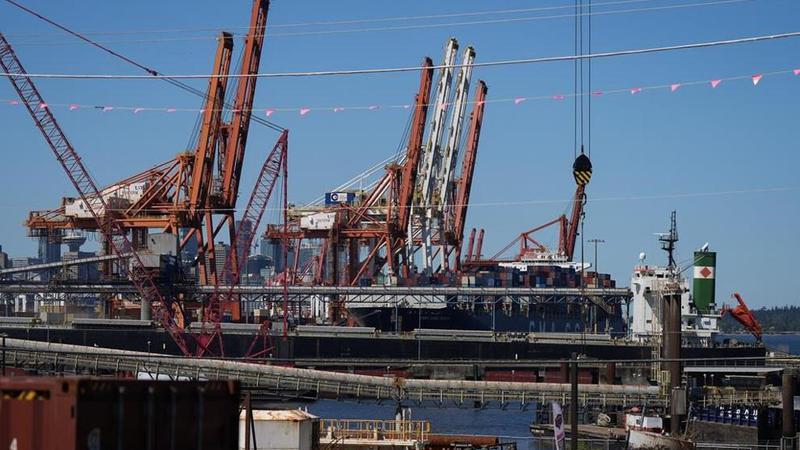
B.C. port workers vote to reject mediated agreement
Port workers in British Columbia have voted to reject a mediated contract offer, extending job action that prevented billions in goods from moving for almost two weeks earlier this month.
In a letter posted on the union’s website, International Longshore and Warehouse Union Canada President Rob Ashton says workers are now calling on their employers to “come to the table” and negotiate directly, instead of doing so through the BC Maritime Employers Association.
In a statement, the BCMEA says it is disappointed the four-year tentative agreement was rejected, calling it a “good deal that recognized the skills and efforts of B.C.’s waterfront workforce while providing certainty and stability for the future of Canada’s West Coast ports.”.
“ILWU Canada’s inability to ratify a fair and balanced recommended tentative agreement has left Canadians, businesses and the entire supply chain in a perilous state that has cost billions and will further hurt affordability and increase costs for Canadians,” the statement reads. “Stability and certainty must be restored to Canada’s largest gateway.”


